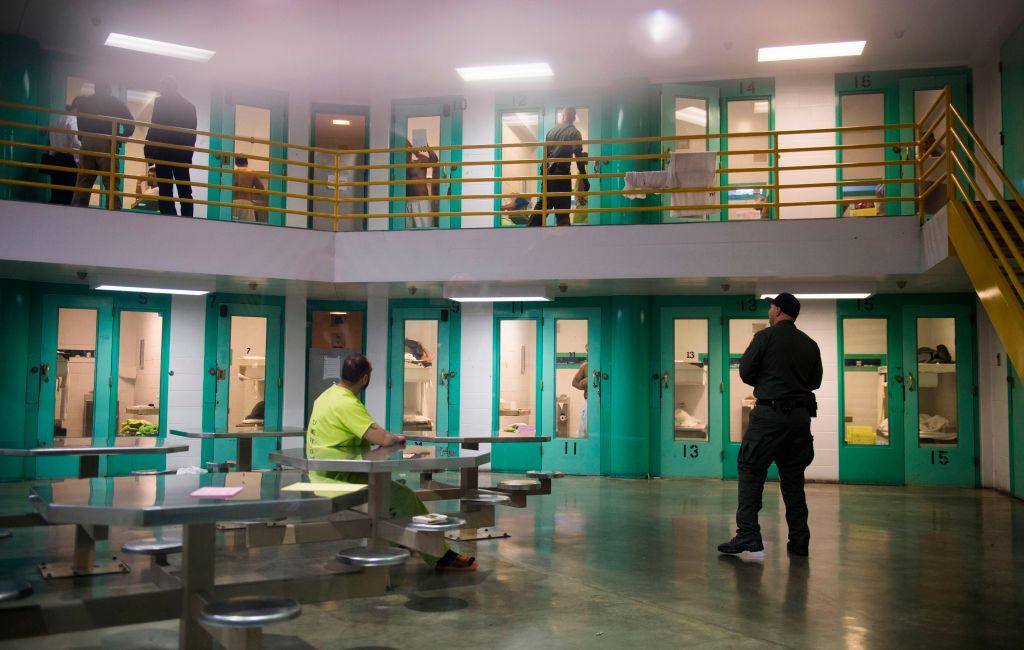Orange County District Attorney Todd Spitzer has joined 43 California counties in filing a civil lawsuit against the early release of 76,000 state inmates.
“It is my job as district attorney to keep Orange County safe,” Spitzer said in a press release on May 26. “The public must be given the opportunity to question why the California Department of Corrections and Rehabilitation would decide that returning murders, child molesters, and rapists back into our neighborhoods more quickly somehow constitutes an emergency.”




